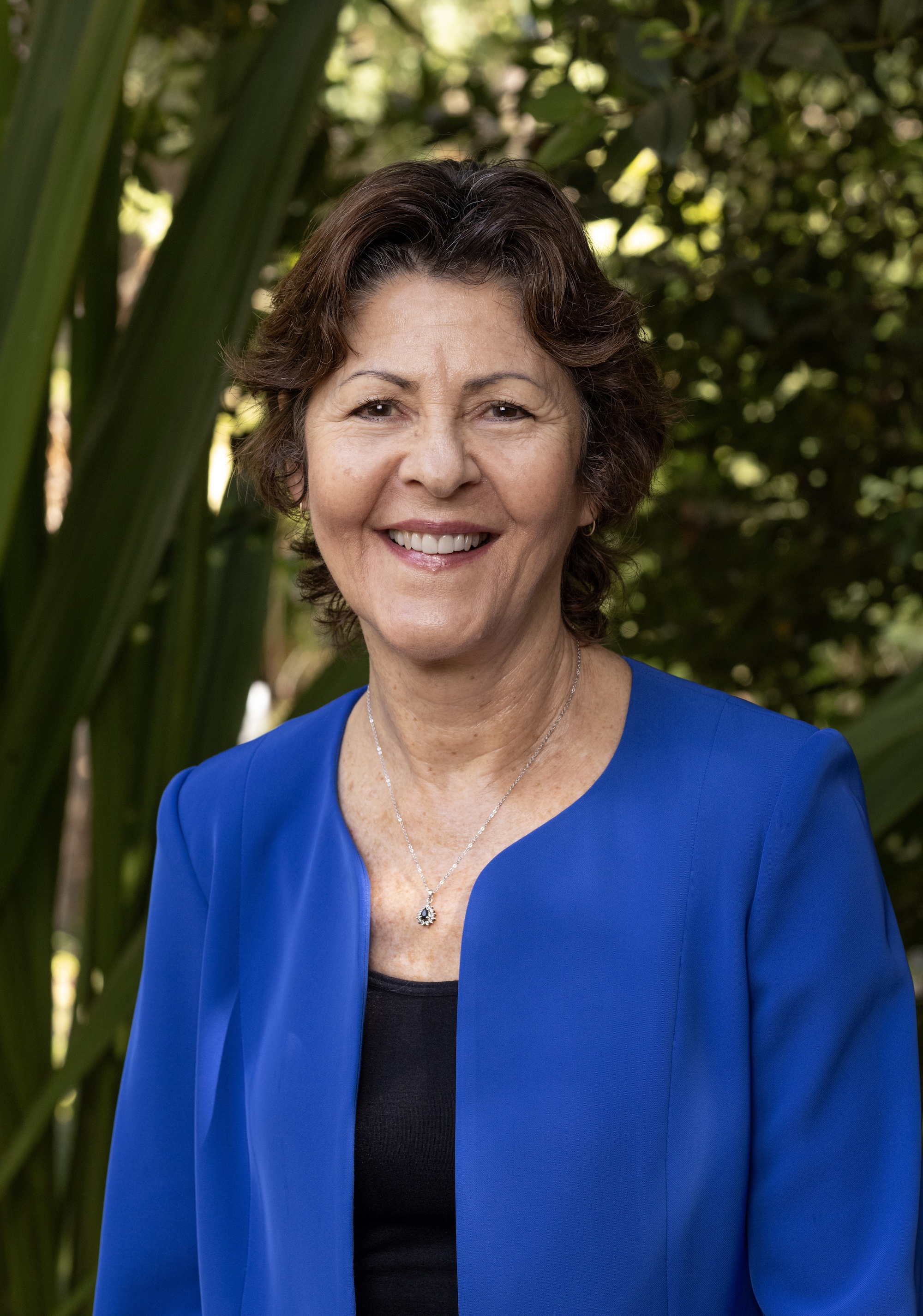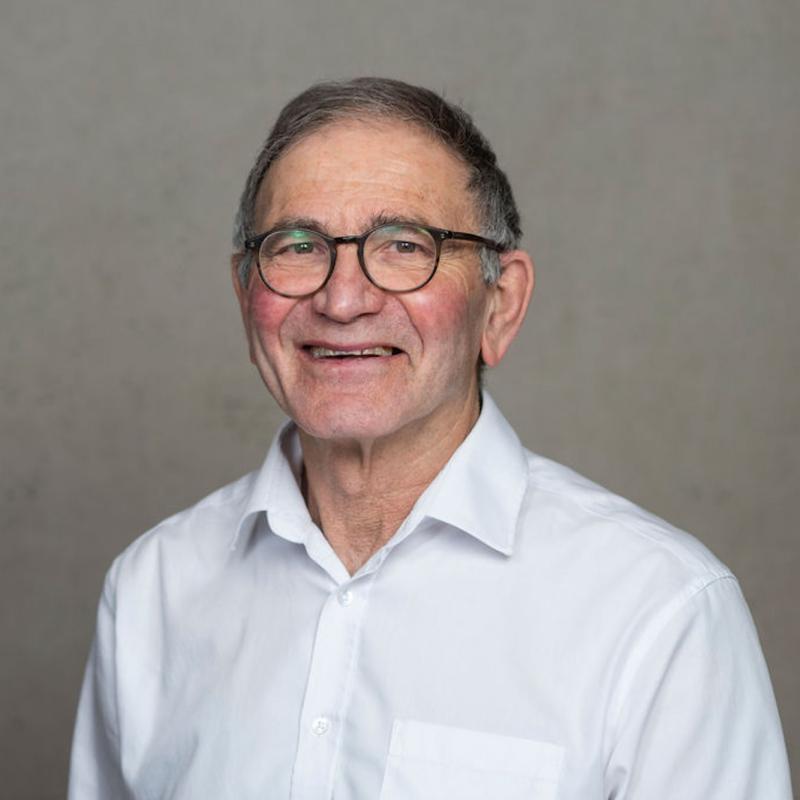Breadcrumb
Emerging adulthood is a period of high risk for mental health disorders, which negatively impact interpersonal, academic and occupational functioning. Those impacts in turn contribute to further mental health problems. This cycle is exacerbated by social determinants such as food, housing and financial insecurities.
Even though effective treatments exist, only a minority of emerging adults seek mental health care and access to evidence-based approaches is limited. Digital mental health addresses some of the barriers, but is not a panacea for all mental health problems. The STAND (Screening and Treatment for Anxiety and Depression) Program was developed as a integrated system of care, that triages emerging adults to either self-guided digital prevention programs, coach-guided and tailored digital CBT, or clinician-delivered evidence-based psychotherapy augmented by psychotropic medications as needed. Weekly symptom measurement using adaptive testing tools enables triaging to level of care, rapid adaptation of care as needed, and immediate management of suicidality. Symptom measurement is complemented by repeated assessment and management of basic food, housing and financial needs.
Join Professor Michelle Craske, Distinguished Professor of Psychology at UCLA, in conversation with Professor Alan Stein, Senior Research Fellow in Global Health and Public Policy, for a seminar on the implementation and effectiveness of the STAND programme for emerging adults, as well as the challenges and novel strategies to improve uptake and retention.
Michelle Craske

Michelle G. Craske, Ph.D., AO is a Distinguished Professor of Psychology, and of Psychiatry and Biobehavioral Sciences, Kevin Love Fund Centennial Chair, and Director of the Anxiety and Depression Research Center at the University of California, Los Angeles. She is also co-director of the UCLA Depression Grand Challenge. She has published extensively in the area of fear, anxiety and depression, including over 650 peer reviewed journal articles as well as academic books and several self-help books and therapist guides, and is on the Web of Science Most Highly Cited Researcher List. She has been the recipient of extramural funding since 1993 for research projects pertaining to risk factors for anxiety and depression among children and adolescents, neural mediators of emotion regulation and behavioral treatments for anxiety disorders, fear extinction translational models for optimizing exposure therapy, novel behavioral therapies targeting reward sensitivity and anhedonia, and scalable treatment models for underserved populations. As part of the Depression Grand Challenge, she developed the STAND programme for screening, tracking and treating anxiety and depression. She is Editor-in-Chief for Behaviour Research and Therapy. Dr. Craske received her BA Hons from the University of Tasmania and her Ph.D. from the University of British Columbia.


